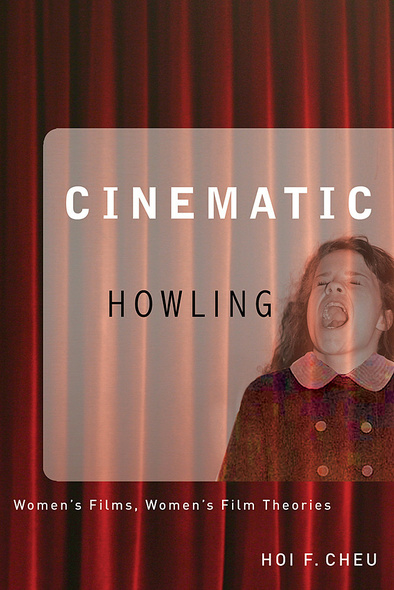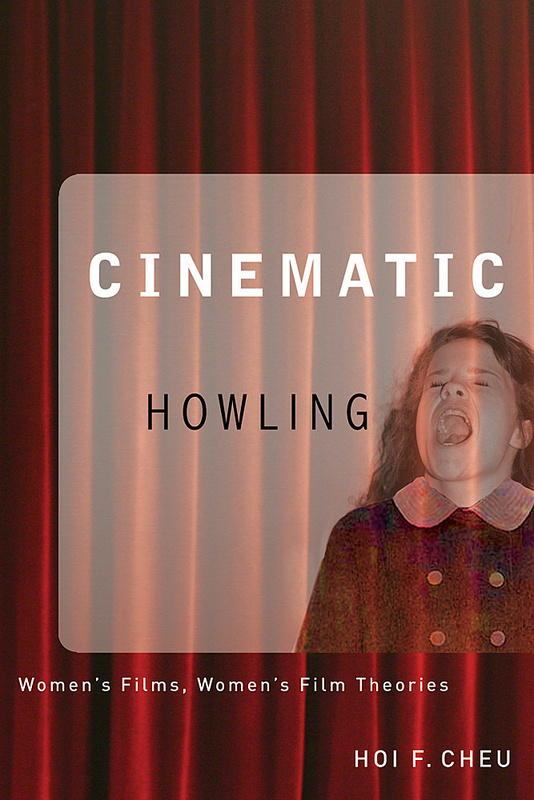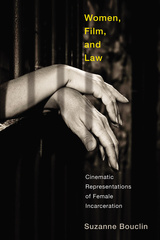
Cinematic Howling presents a refreshingly unorthodoxframework for feminist film studies. Instead of criticizing mainstreammovies from feminist perspectives, Hoi Cheu focuses on women’sfilmmaking itself. Integrating systems theory and feminist aestheticsin his close readings of films and screenplays by women, he considershow women engage the process of storytelling in cinema. The importanceof these films, he argues, is not merely that they reflectwomen’s perceptions, but that they have the power to reframeexperiences and, consequently, to transform life.
A major contribution to feminist scholarship that will appeal toscholars of both gender and film, Cinematic Howling is writtenin an approachable and inviting style, full of vivid examples andattention to detail, which will suit both undergraduate and graduatecourses in gender, film, and cultural studies.
What a pleasant surprise that Cinematic Howling: Women’s Films, Women’s Film Theories, a new book for film and cultural studies, has all the elements of a good story with its unconventional title, engaging first person narrative and refreshing writing style! Yet Cinematic Howling is much more than a story about women’s films and feminist theory - it is an innovative theoretical work about gender identity and transnational culture with close readings that focus on the importance of storytelling in selected films by women filmmakers. ... Cheu has written an intriguing academic reference on women filmmakers....Cinematic Howling will prove very useful for feminist film analysis and cultural studies at the undergraduate and graduate levels. While the author of Cinematic Howling reminds us that there are many voices involved in the field of women’s films, some of these voices might need more room for expression in film studies classes, alongside Cheu’s thoughtful book.
A timely and important book for feminist film and cultural studies. Cheu is sensitive to the films and literature he treats. He posits an original framework for thinking about women’s writing and for situating feminist debates on gender identity and writing within theories of transnational culture and politics.
An ambitious work that provides an alternative, fruitful way of analyzing and appreciating cinema. Cinematic Howling advances feminist theory in exciting ways that should challenge students of film and cultural studies, feminist scholars, and general film enthusiasts.
Acknowledgments
1 Feminist Film Theory and the Postfeminist Era: Disney'sMulan
2 Howling for Multitudes: Angela Carter's The Company ofWolves
3 The Female Authorial Voice: Marguerite Duras' Hiroshimamon amour
4 Beyond Freud and Lacan: Susan Streitfeld's FemalePerversions
5 Cathartic Meta-narrative: Léa Pool's Lost andDelirious and Barbara Sweet's Perfect Pie (TwoScripts by Judith Thompson)
6 Diasporic Imagination and Transcultural Identity: Clara Law'sThe Goddess of 1967
7 Representing Representation: Agnès Varda's Sans toit niloi (Vagabond)
8 From Text to Context: Metadocumentary and Skyworks
9 Filling the Theory Vacuum: Marleen Gorris'Antonia
Notes
Bibliography
Index







